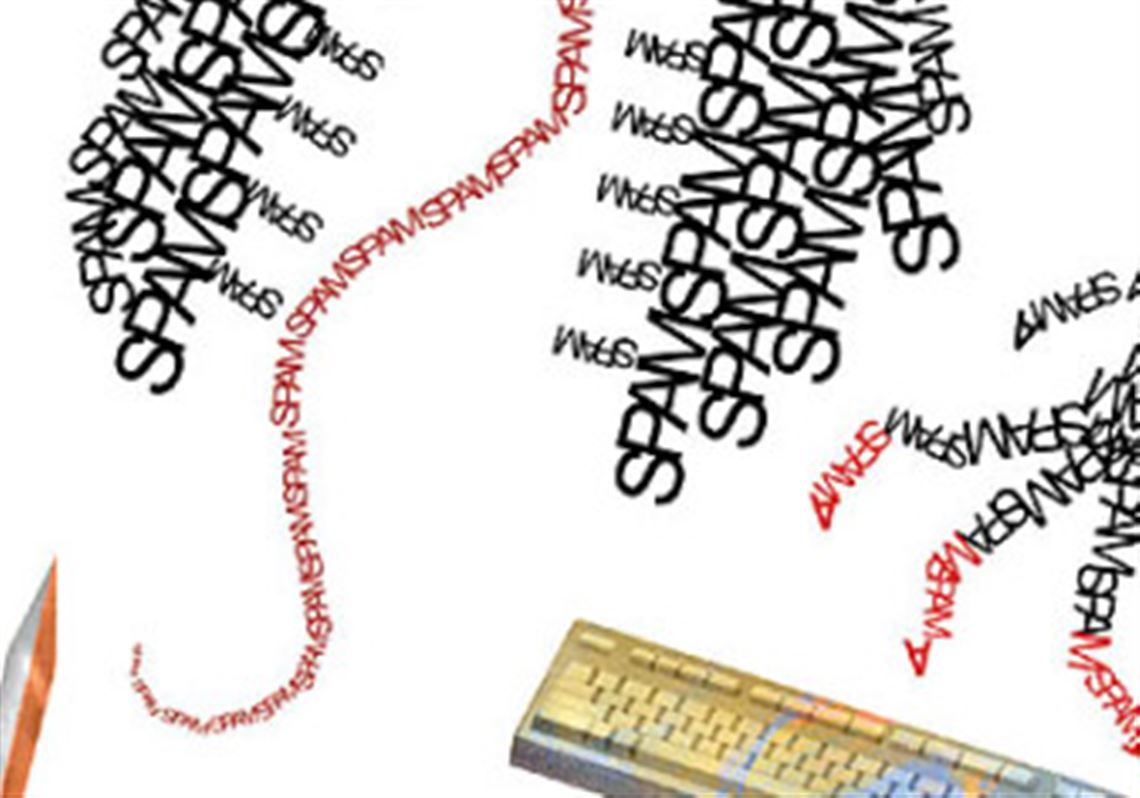Every Sunday morning, Susan Edwards sits down with her cup of coffee and opens the file of suspicious e-mails that her spam filter has thoughtfully set aside.
She thinks it has pretty good judgment.
"I will find probably two [legitimate] e-mails for every 100," said the vice president of Marketing Connections at GlaxoSmithKline Consumer Healthcare in Moon.
First came e-mail, that useful office tool that speeds messages around the country.
Soon good e-mail's evil twin, spam, slid into people's computers, often exposing them to lurid pitches as they diligently tried to check their accounting reports.
In recent years, the office world has become accustomed to relying on its spam filters -- silent, generally trustworthy secretaries heading off unscrupulous types promising cheap drugs or smarmy hot dates.
"I'm going into my junk mail now," said Jennifer R. Daurora, who handles business development for the McGinnis Sisters Special Food Stores, based in Brentwood.
"There's really nothing [useful] in there," she reported.
It's a good relationship, especially since the filters don't mind working 24 hours a day without vacations or time off to take care of sick pets.
As in any relationship, it's an easy one to take for granted until things go wrong.
Jeanette Thomas, president of Web design and marketing firm Tachyon Solutions in Sewickley, began noticing a few weeks ago that more stuff has been getting past her spam filter lately.
"It's all sex-related. It's all enlargement things," she said, with a laugh.
Either the filter has been dozing or spammers have been staying up late to figure out new tactics.
Ms. Thomas is betting on the latter.
When she brought the subject up at a social gathering recently, other people said they'd seen the same thing.
Spam is a great conversation starter, almost as universal as the weather with fewer land mines than discussing the children.
Chatting about filters isn't limited to computer geeks, although trolling the Internet finds numerous discussions of how to teach a spam filter to do its job better.
There's also advice on how to send e-mail that doesn't set off the hackles of every spam filter around, including choosing an Internet service provider with a respectable history and watching one's language.
There does seem to be one drawback to the improving skills of the spam filters.
It's becoming harder to blame lost messages on an aggressive or incompetent one or use it to avoid dealing with certain people.
"I think people still use it once in a while," said Ms. Thomas.
Sometimes the excuse is legitimate.
Sometimes it's a cover for losing someone's message.
And sometimes it's used to avoid dealing with certain people.
As she described a hypothetical conversation, "'That must have been in my spam filter.' Meanwhile, you've been sitting on it a week."
Perfection in the spam filter ranks could raise the unhappy prospect of taking responsibility for handling all those e-mails properly and being straight with even annoying e-mailers.
Never fear.
The spammers haven't given up trying new techniques for getting their important offers through.
That should keep spam filter designers busy finding new ways to fend them off.
Surely a few of those jokes being forwarded by your college friend will get trapped by the tightened security.
First Published: April 7, 2008, 8:00 a.m.

















